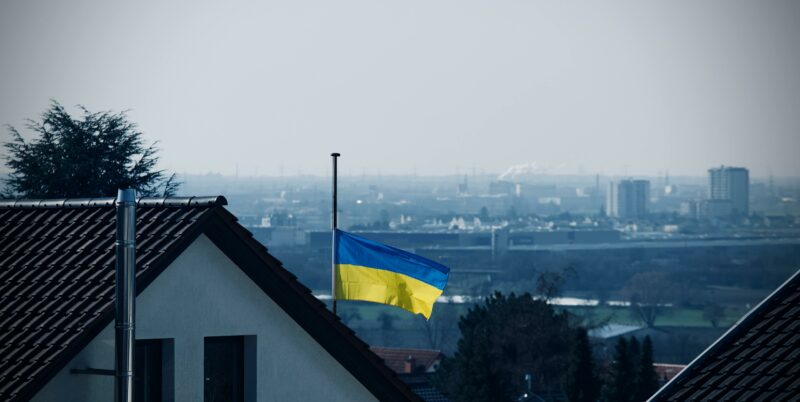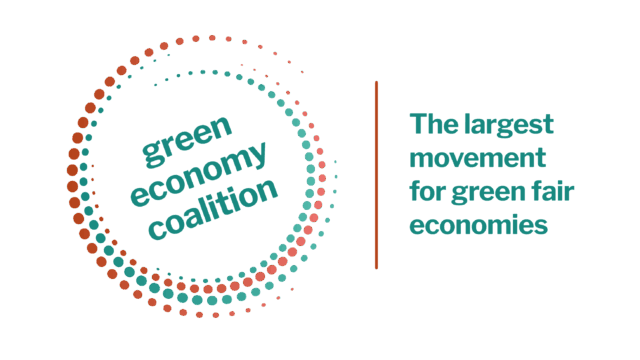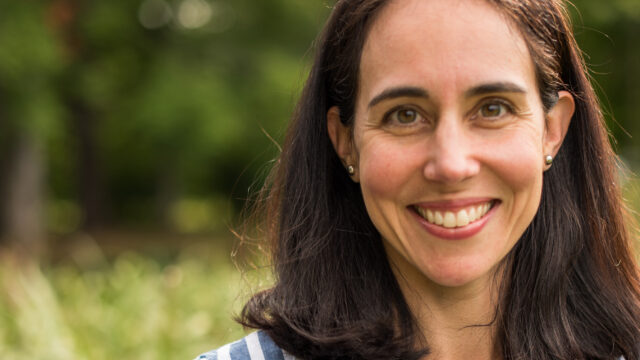Truth, war, COVID and Stockholm
Our convenor Oliver Greenfield reflects on the UNEA 5.2 plastics treaty in Nairobi and the escalating crisis in Ukraine

We all need some good news. In Nairobi last week, at the UN Environment Assembly, the world’s highest-level decision-making body on the environment, 193 governments signed up to a legally-binding resolution to end plastic pollution – a “Paris Agreement for plastic”.
Could this be a sign that the multilateral system of collective action is back? Over the last few years of Trump, Brexit and populism, the spirit of international cooperation as personified by the UN and the Paris Agreement seemed seriously weakened. But in Nairobi saw nations come together with serious intent to share and resolve global problems.
I was at the UNEA meeting in Nairobi last week, principally to encourage the assembly to Build Back Greener from COVID-19. Amongst the usual discussion and debate of a major UN conference, there were some extraordinary scenes: the Ukrainian Minister for the Environment calling in from a bunker to denounce European dependency on Russian oil and gas; the Russian delegate railing against the UN Security Council and “Nazis” in Ukraine.
“ US$14 trillion has been spent by governments to prop up economies during the pandemic, but only 6% of this has been directed towards green economy.”
Amidst the high drama of the unfolding invasion of Ukraine, our dialogue on Building Back Greener concluded that despite high hopes early in the pandemic, COVID-19 has not seen a transformative acceleration towards green and fair economies. More than US$14 trillion has been spent by governments to prop up societies and economies during the pandemic, but perhaps as little as 6% of this has been either nature positive or directed towards green economy.
We acknowledged that governments face unprecedented challenges in achieving a nature positive, net-zero, zero pollution, fairer and more inclusive society all while struggling with fiscal constraints, an ongoing health crisis, and a destabilising world order. But largely, the longed-for “green recovery” remains rhetoric, not reality.
Why is this? And how can we push for transformative change?
Our research has identified one significant insight – those governments that had already begun the transition to green economies before COVID-19 were better equipped to start building back greener. They were primed to take the moment, because they had already won some of the transition argument, implemented innovation green policies and technologies and had champions across government ministries, notably finance ministries. Those countries who had yet to begin the transition then struggled to muster the necessary political will to push through major policy changes in the midst of a pandemic – perhaps understandably.
We concluded that to catalyse political will requires both the leadership from the top of governments (presidents, prime ministers, finance and planning ministers) and secondly recognition that this is an all-society transition where the mandate of the people/citizens should be actively sought. Useful thoughts. But what do we do with them?
In June of this year, the global environmental movement is coming together again in Stockholm, to celebrate 50 years of sustainable development – half a century of effort towards making development truly sustainable.
I do not want to rain on the parade. But there must be at least some recognition that despite decades of intelligent and passionate hard work, and despite some real diplomatic achievements – the SDGs being the main one – the sustainable development agenda has largely failed to deliver on its goals. I don’t need to give you the metrics on climate, biodiversity, poverty, inequality. But with the Doomsday Clock standing at 1 minute to midnight, surely this 50th anniversary is a moment when truth must be spoken.
Sustainable development has largely failed because of a lack of political will. There is no money, there is no mandate. While the global NGO world preps for the UN’s Stockholm+50 conference, our prime ministers and finance ministers will be jetting off to Davos.

Until our finance ministers are required to attend, and until the UN insists that national green economy transition plans must commit to renewing the social contract, we will not build back greener from COVID-19.
Finally, reverting to the foreground, is the war in Ukraine, stealing lives, and destroying futures. We send our thoughts those who have lost family members, and we stand in solidarity with the Ukrainian people defending their homes. The inspirational example of President Volodymyr Zelenskyy calling out Europe for its cosy complacency with Putin’s fossil-fuelled dictatorship – and the extraordinary impact his words have had – must remind us to speak truth to people and power with no fear of the consequences.
GEC stands with the people of Ukraine and commits to speak truth to power and people. We call on governments to send their finance ministers to Stockholm; to get serious about the transition to green and fair economies by redirecting the trillions flowing into COVID recovery efforts; and to revitalise democracy through this transition by actively supporting social contract processes that deliver transformative change.
And, of course, to stop funding war and climate disaster. Get off oil and gas, as if your life depended on it, because it does.
- Oliver Greenfield


